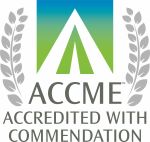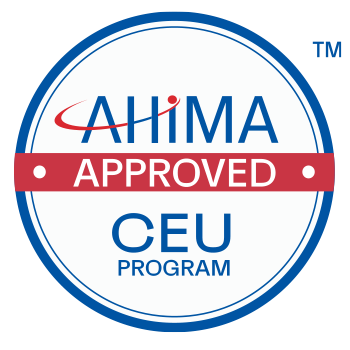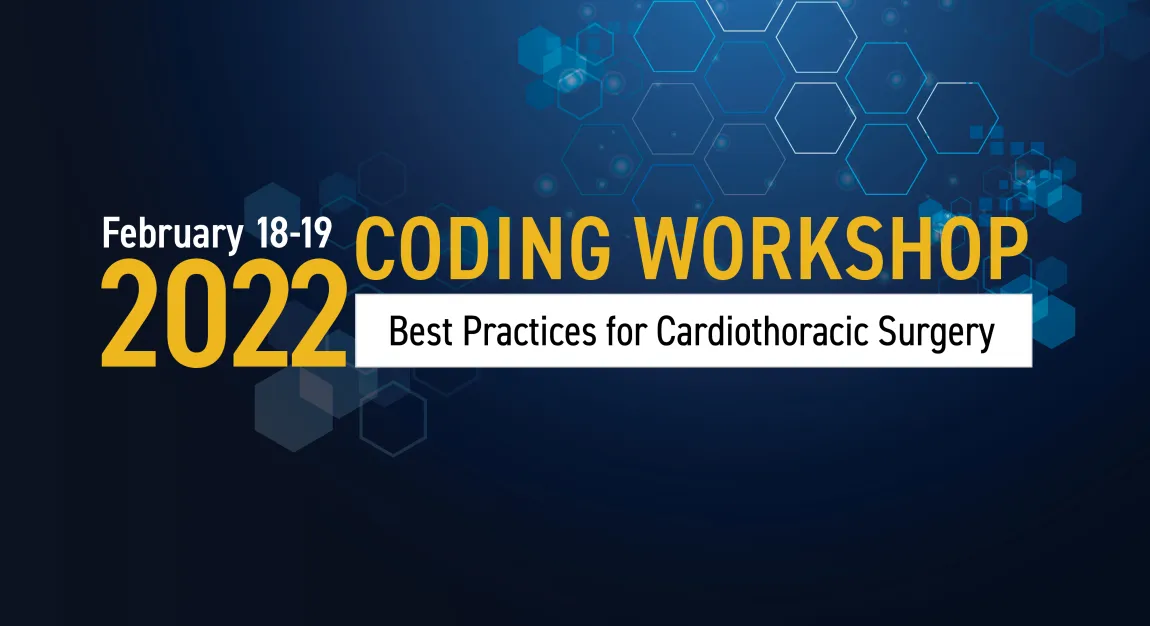The 2022 STS Coding Workshop: Best Practices for Cardiothoracic Surgery is a 2-day virtual event that provides cardiothoracic surgery coders, surgeons, and all billing professionals with the latest coding and reimbursement updates affecting cardiothoracic surgical practices. This hybrid-format event featured both pre-recorded online lectures and live webinars with discussion, scenario-based questions, challenging coding examples, and attendee interaction.
Friday, February 18, 2022
| 4:00 p.m. – 4:15 p.m. ET | Welcome and Introductions |
| 4:15 p.m. – 5:15 p.m. ET | Adult Cardiac Q&A V. Seenu Reddy, MD and Stephen Lahey, MD |
| 5:15 p.m. – 6:00 p.m. ET | Congenital Cardiac Q&A James D. St. Louis, MD, Joseph Turek, MD, and Jeffery Jacobs, MD |
| 6:00 p.m. – 6:45 p.m. ET | Vascular Surgery Q&A Sunita Srivastava, MD |
Saturday, February 19, 2022
| 10:00 a.m. – 10:45 a.m. ET | General Thoracic Q&A John Howington, MD |
| 10:45 a.m. – 11:30 a.m. ET | Esophageal Q&A Francis Nichols III, MD |
| 11:30 a.m. – 12:00 p.m. ET | Break |
| 12:00 p.m. – 1:30 p.m. ET | E/M, Critical Care, Telehealth Q&A Aaron Cheng, MD, and Julie R. Painter, MBA, CCVTC, CPMA |
| 1:30 p.m. – 2:00 p.m. ET | Physician Documentation Q&A Scott C. Silvesty, MD, Sanjay Samy, MD, and Francis Nichols III, MD |
Registrants: Log into the STS Learning Center, then go to “In Progress” courses on the dashboard or look in the “My Activities” tab view the recorded workshop content and complete session evaluations.
V. Seenu Reddy, MD
|
|
Stephen Lahey, MD
|
James D. St. Louis, MD
|
Joseph Turek, MD
|
Jeffery Jacobs, MD
|
|
Sunita Srivastava, MD
|
|
John Howington, MD
|
|
Francis Nichols III, MD
|
|
Aaron Cheng, MD
|
|
Scott C. Silvesty, MD
|
Sanjay Samy, MD
|
Francis Nichols III, MD
|
Target Audience
Cardiothoracic surgery coders, surgeons, office managers, medical billing specialists, physician assistants, nurses, and anyone else involved in the coding, reimbursement, and compliance efforts for the cardiothoracic surgery team.
Learning Objectives
Upon completion of this activity, participants should be able to:
- Identify new CPT codes, updates, and payment policies affecting cardiothoracic surgery coding for 2022
- Describe and identify the documentation necessary to support relevant diagnoses, services rendered, and medical necessity for a patient encounter
- Explain the importance of specificity and identification of services provided in a patient encounter
- Define coding and reimbursement criteria in order to identify and capture relevant documentation elements efficiently
- Describe common coding issues for each subspecialty and how they should be reported and resolved
- Discuss the 2022 changes to the E/M codes and guidelines
- Interpret the necessary documentation and regulations relevant to critical care and cardiothoracic surgery E/M services
Accreditation

The Society of Thoracic Surgeons is accredited by the Accreditation Council for Continuing Medical Education (ACCME) to provide continuing medical education for physicians.
The Society of Thoracic Surgeons designates this other activity (enduring material and live) for 22.75 AMA PRA Category 1 Credits™. Physicians should claim only the credit commensurate with the extent of their participation in the activity.
Physician Assistants (PAs) may claim AMA PRA Category 1 Credits™ for completing this activity.
Continuing Education Credits
This program has the prior approval of AAPC for 22.5 continuing education hours. Granting of prior approval in no way constitutes endorsement by AAPC of the program content or the program sponsor.
 This program has been approved for 22.5 continuing education units (CEUs) for use in fulfilling the continuing education requirements of the American Health Information Management Association (AHIMA). Granting of Approved CEUs from AHIMA does not constitute endorsement of the program content or its program provider.
This program has been approved for 22.5 continuing education units (CEUs) for use in fulfilling the continuing education requirements of the American Health Information Management Association (AHIMA). Granting of Approved CEUs from AHIMA does not constitute endorsement of the program content or its program provider.

